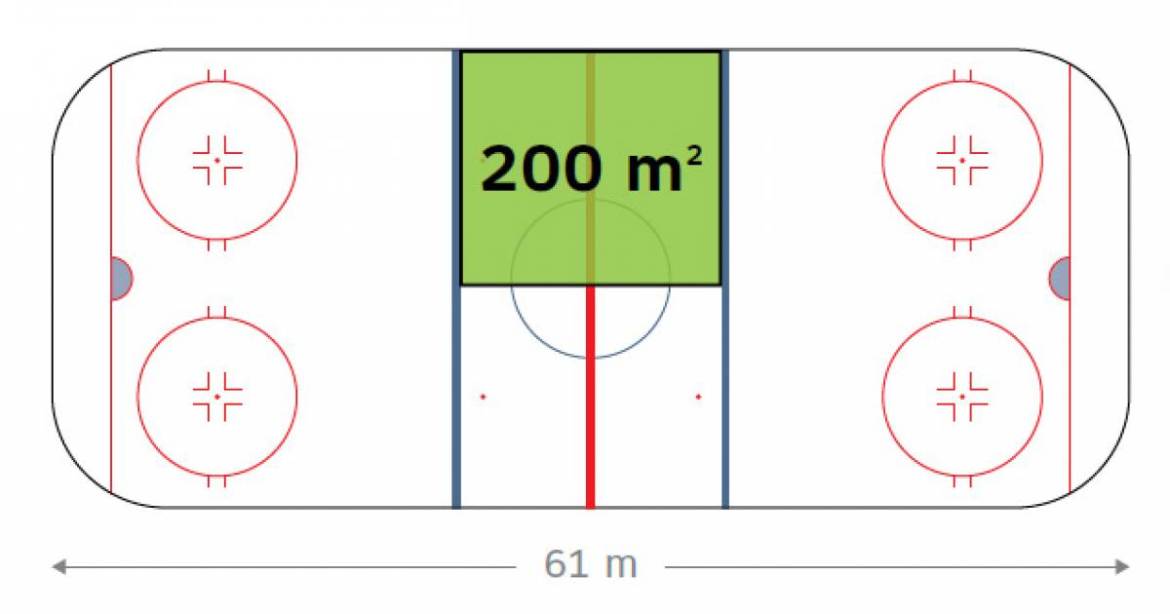On May 29, the BC Chamber of Commerce passed a motion, called Distribution Fairness for Craft Producers and Retailers (DFCPR), that supported BC’s hundreds (if not thousands) of craft cannabis growers.
The motion called on the provincial government to help the little guys that built BC Bud into the world-renowned brand it is today, instead of selling out the industry to the corporate LP’s, which is the path we seem to be going down.
The motion was introduced by the Kimberley and Columbia Valley Chambers of Commerce, and as Kimberley Chamber Manager Mike Guarnery said,
“We are not trying to talk about issues of impairment or enforcement, we are only advocating for fair business access and distribution”.
The BC Chamber of Commerce’s biggest issues: Micro licenses and Distribution
The biggest issues are over licensing micro-cultivators and distribution.
Tania Jackett, the director of the Cannabis Growers of Canada, has previously told CLN that a microgrow “should be defined as a privately funded business without government subsidies, and that should be the difference between micro grows and large, publicly-traded licensed producers. I think micro grows should be allowed to grow to the size needed to fill their customer base.”
Other growers think that the government’s proposed 200 sq. meter maximum is too small, which you may remember Health Canada infamously comparing to the size of a hockey rink when the size restrictions were first proposed.

Although the government has indicated its willingness to work with craft growers with proposals like the micro licenses, it’s been extremely slow to act. Prospective micro-growers can’t even apply for a micro-cultivation license because the government has been dragging its feet on it- all the while LP’s snatch up lucrative (and often exclusive) provincial supply deals!
This government inaction is inexcusable.
“It’s like starting the race 10 seconds late,” said Roxanne Judson, a small-scale grower and a member of the Ethical Cannabis Producers Alliance, told CBC,
“The smaller producers that have been the backbone of this market for decades aren’t even allowed to apply yet.’”
With distribution, craft growers want the ability to sell directly to retailers. Kimberley Chamber Manager Mike Guarnery pointed out the ridiculousness when he said,
“The regulations as currently proposed can be compared to requiring a local craft brewery to sell to Labatts first before getting to the Liquor Distribution Board.”
Cannabis growing has been huge in the Kootenays for decades
For the city dwellers wondering why far-away municipalities out in the Kootenays are pushing so hard for craft cannabis growers, it’s because cannabis is what’s kept some of these towns afloat, and it’s all at risk if the government continues its heavy-handed approach to licensing and distribution.
People have been growing cannabis in the Kootenays region for decades. According to the CBC, it’s an economic driver that gave people another option after the region’s sawmills closed, and cannabis has been estimated to account for 15-30% of the local economy.
The “Distribution Fairness for Craft Producers and Retailers” motion in full
The motion, called Distribution Fairness for Craft Producers and Retailers (DFCPR), is included in full below:
The BC Chamber recommends that the provincial government:
1. Take measures to protect the interests of existing cannabis businesses by providing market access to micro license applicants.
2. Create a mechanism so that when micro license craft producers are regulated, they be allowed to ship direct to private cannabis retailers, avoiding added costs from Federal Licensed Producers (LP) and shipping costs. This will allow small business to work closely in support of each other, and bring craft quality and product diversity to the regulated market at a competitive price.
3. Create a private distribution license. This will relieve the Liquor Distribution Branch of the task of accommodating potentially thousands of small producers who will be regulated under the micro license categories, and help these small producers gain access to the market. This allows for increased small business activity in the industry.
4. Engage with the Canadian Association of Medical Cannabis Dispensaries, formulating procedures and sharing knowledge on best practices for distribution from micro license craft producers and processors to private retailers.
Featured image courtesy of Leafly.
Sources
CBC: Craft cannabis growers in B.C. sound alarm over survival of sector.
CBC: ‘This is what buoys this town’: B.C.’s small pot farmers fight for space in legal market.
Columbia Valley Pioneer: BC Chamber supports resolution on cannabis distribution.
East Kootenay News Online Weekly: Chambers take cannabis resolution to BC Chamber.



